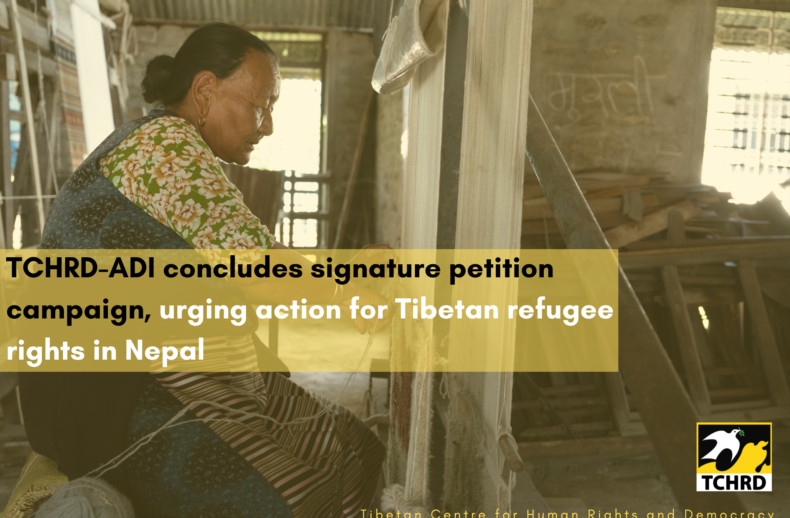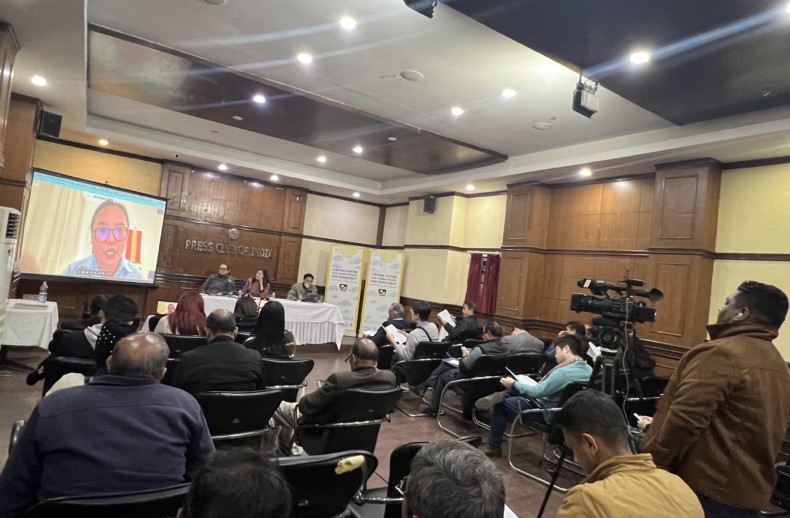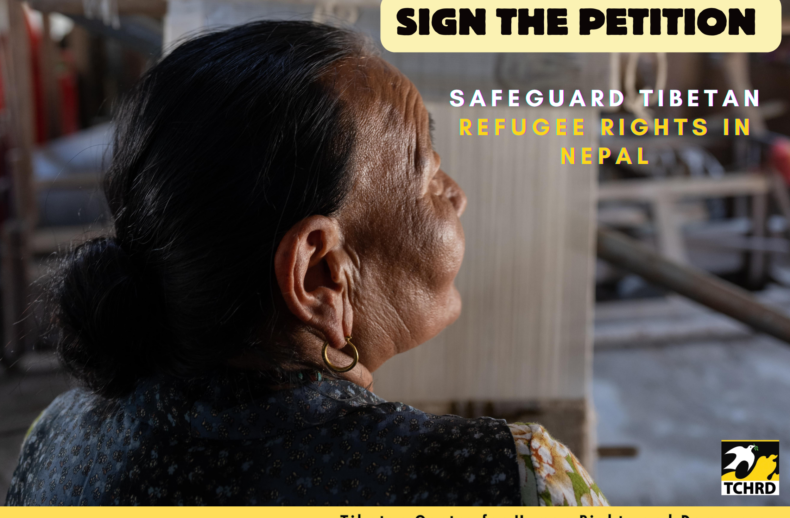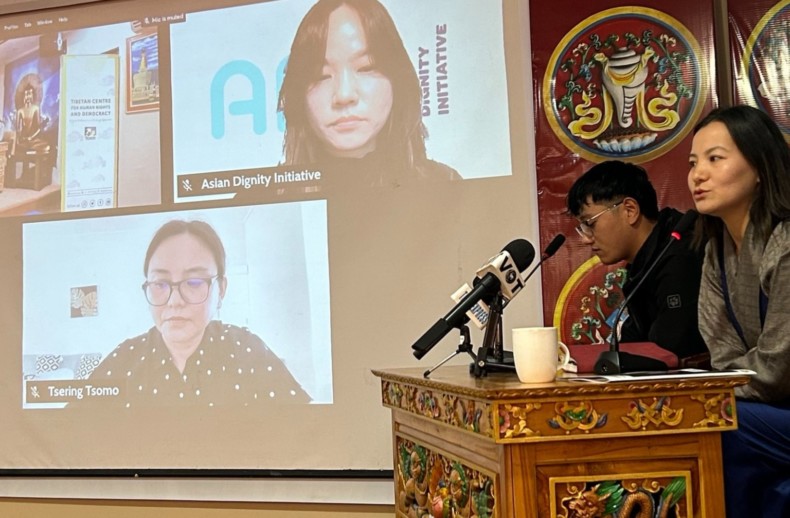The Tibetan Centre for Human Rights and Democracy (TCHRD) extends its wholehearted support and solidarity to the Canada Tibet Committee as it came under attack on 21 December when the Chinese Ministry of Foreign Affairs imposed reprehensible sanctions. The sanctions including asset freezes and bans on entry represent yet another attempt by the Chinese government to silence and undermine the legitimacy of overseas human…





